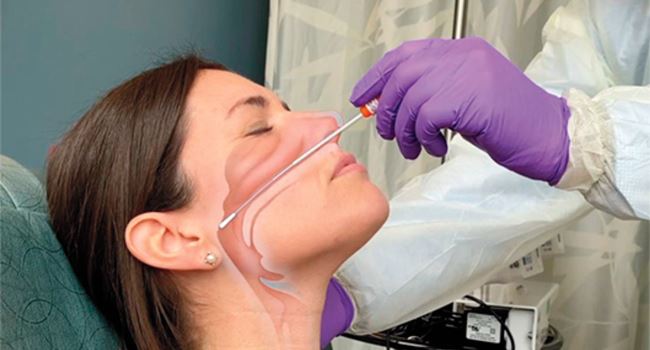International
China to conduct mandatory COVID-19 anal swabs on Nigerians, other travellers

In addition to nasal or throat swab tests, foreign travellers into China would now undergo mandatory anal swab testing, the state media said.
The Chinese Center for Disease Control says the anal swab test is performed with a sterile cotton swab, which looks like a very long ear bud, that is inserted 3 cm to 5 cm (1.2 inches to 2 inches) into the anus before being gently rotated out.
The Times UK on Wednesday said that a resrespiratory disease expert, Li Tongzeng believed that results from the anal swabs test were more accurate than others since coronavirus traces can be detectable in the anus for longer than in the respiratory tract.
Read also: China’s support strengthens Nigeria’s efforts against COVID-19 – Buhari
The Times further disclosed that anal swab testing hubs would be in place at the Beijing and Shanghai airports.
The anal swab test has been stoking debate over its necessity. The Chief Cabinet Secretary, the Japanese government, Katsunobuh Kato, had asked the Chinese government at a news conference to stop performing the new testing method on its citizens who complained of ‘psychological pain” after the test.
However, the Chinese foreign ministry spokesman, Wang Wenbin, who disclosed that the screening is “science-based,” explained that the new testing method was performed “in accordance with the changes in the epidemic situation as well as relevant laws and regulations.”
Join the conversation
Support Ripples Nigeria, hold up solutions journalism
Balanced, fearless journalism driven by data comes at huge financial costs.
As a media platform, we hold leadership accountable and will not trade the right to press freedom and free speech for a piece of cake.
If you like what we do, and are ready to uphold solutions journalism, kindly donate to the Ripples Nigeria cause.
Your support would help to ensure that citizens and institutions continue to have free access to credible and reliable information for societal development.
























